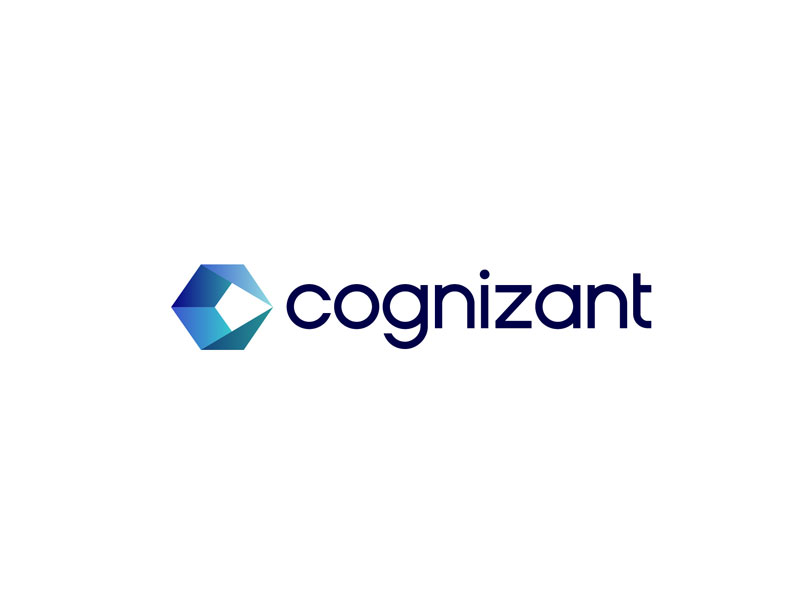Cognizant has officially announced the launch of its Neuro® AI Multi-Agent Accelerator.
According to certain reports, the stated solution arrives on the scene with an ability to accelerate the development and adoption of AI agents. The idea behind providing such a mechanism is to help organizations transform their business processes through AI agents for adaptive operations, real-time decision-making, and personalized customer experiences. By doing so, these offerings will support all facets of a business, from IT and finance to sales and marketing.
More on the same would reveal how Neuro® AI Multi-Agent Accelerator happens to be a no-code development framework which includes a collection of pre-built, reference agent networks that make it possible for businesses to rapidly prototype, customize, and then scale multi-agent systems. You see, the solution in question leverages these multi-agent network templates to provide a starting point for clients and address a range of enterprise functions, such as sales and marketing, finance, investor relations, as well as industry-specific processes like supply chain management, customer service, and insurance underwriting.
In case that wasn’t enough, you can also create extra agent networks using natural language descriptions to fit different scenarios and client use cases.
Markedly enough, the Neuro AI® Multi-Agent Accelerator joins Cognizant’s Multi-Agent Services Suite, a broader assortment services’ ecosystem which can accelerate the transformation of business processes. For better understanding, the said suite was specifically conceived for enabling businesses to seamlessly create and deploy multi-agent systems with a standardized, proven approach.
As for what makes multi-agent systems an important innovation, the answer resides in their potential when it comes to allowing decentralized decision-making, where agents act independently yet collaboratively to solve complex, interdependent problems. All in all, they can be expected to provide scalability across functions and geographies, facilitate expansion without overhauling systems, and offer resilience through redundancy, thus ensuring continuity even if individual agents fail.
“AI agents are transforming enterprise operations through task automation and reducing manual effort, enabling employees to focus on strategic activities,” said Babak Hodjat, CTO of AI at Cognizant. “However, without collaboration among specialized agents, software systems will remain disconnected from larger business goals. Neuro® AI Multi-Agent Accelerator and the Multi-Agent Service Suite allow clients to quickly build and deploy agents into the fabric of their organization, so that they work together across entire businesses to assist humans in lots of roles, from finance and IT to marketing and sales.”
Talk about Neuro AI® Multi-Agent Accelerator on a slightly deeper level, we begin from its promise to accelerate agentification process. Here, the solution banks upon those pre-built multi-agent networks to offer customizable building blocks that incorporate industry and functional best practices. Instead of designing everything from scratch, organizations can actually start with proven AI agent networks to reduce their implementation time and technical risks.
In essence, by empowering users to customize these networks, the technology facilitates differentiation and adaptation to unique client needs, while simultaneously maintaining the speed and reliability advantage of the pre-built network.
Next up, we must get into the prospect of a scalable, distributed operation with Smart Task Routing. This translates to the way users can integrate newly developed multi-agent networks with pre-existing and other third-party agentic systems through simple APIs. They can further achieve encapsulation of agent responsibilities, something which allows for extensibility and automatic routing of tasks to the right AI agents
On top of that, users can also realize ambiguity resolution over the network of agents to open the gates for new agents, minimize errors, and at the same time, cut down on response duration.
Rounding up highlights is the flexibility present in the context of AI and cloud provider choice which allows you to switch between all open-source LLMs, most commercial LLMs, and private/public cloud providers.
“The rise of autonomous agent networks in enterprise workflows underscores the urgent need for a structured framework enabling seamless interaction and coordination among agents,” said Vishal Gupta, Partner, Data and AI, Everest Group. “Cognizant tackles this challenge head-on, with a multi-agent development framework that delivers a solution laser-focused on scalability and interoperability— pivotal concerns for enterprises seeking to integrate agents into their infrastructure effectively.”












